Description
Lower quality coffee blowout
Tasting Notes: Fresh w/ white bean issue. Flatter and less floral with slightly earthy contrast
Roasting Notes: Push this strong medium to dark for best results
This coffee was processed at a relatively young site in the heart of the Yirgacheffe district. The cup quality of this area is historic to coffee, comprised mostly of indigenous landrace arabica variations, and known for rich berry-like and floral naturals.
Yirga Chefe Kebele
The Yirga Chefe district is in the heart of southern Ethiopia’s coveted Gedeo Zone. Gedeo is a narrow section of highland plateau dense with savvy farmers and fiercely competitive processors, and has been known commercially as Yirgacheffe for many years after the Yirgacheffe district itself, one of Ethiopia’s first areas to fully wash its coffee. As a coffee terroir, Yirgacheffe has for decades been considered a benchmark for beauty and complexity in arabica coffee—known for being beguilingly ornate and jasmine-like when fully washed, and seductively punchy and sweet when sundried–and hardly requires an introduction.
Aricha itself is deeply tied to Yirgacheffe’s legendary celebrity. Originally the area was known as “Misty Valley” after the humidity that settles into the area at night. “Misty Valley” was used by some of the first processing sites in Aricha to brand their coffee, and the term became synonymous with Yirgacheffe specialty coffee long before traceable coffee was available elsewhere in the country. Now, of course, there are multiple central processing stations in the Aricha area, and this one, owned by Boledu Industries PLC, is one of the more recent to be built.
Aricha Station and Processing
The Aricha washing station is owned and operated by Tracon Coffee, an independent exporter who manages 6 stations total in Gedeo zone and a large dry mill in Addis Ababa. Farmers in the Aricha area average just over 2 hectares per household and in addition to coffee cultivate avocado, soy beans, sugar cane, and enset, a fruitless relative of the banana tree whose inner pulp is scraped, packed into cakes, fermented undergound, and then toasted and consumed as a staple starch.
Washed coffees at Aricha begin with daily cherry delivery and a careful hand sorting for uniform ripeness. Cherry is depulped and fermented underwater for 48 hours, and then rinsed with fresh water the following day. After the parchment is fully cleaned it is moved to raised screen beds to dry, continuously rotated until the internal moisture reaches 11.5%. Fully dried parchment is then stored for multiple weeks to stabilize moisture content and water activity, then transported to Addis Ababa for final milling and export.
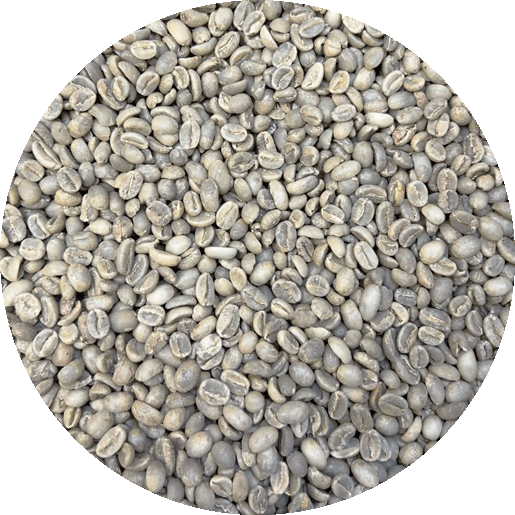
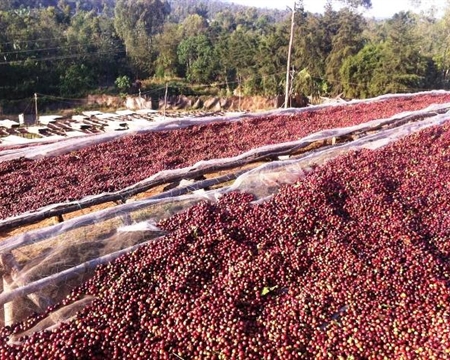
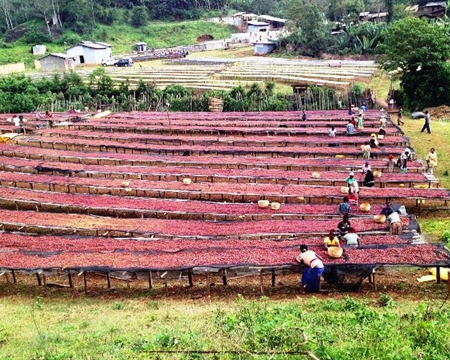
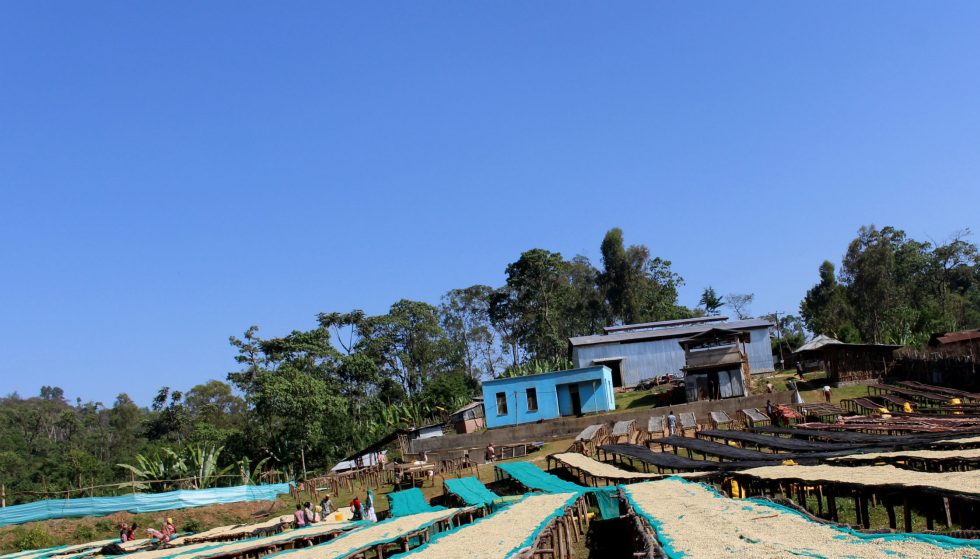
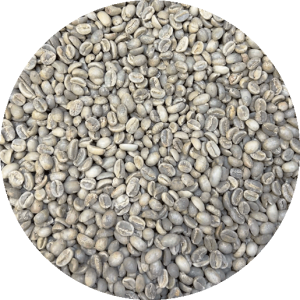
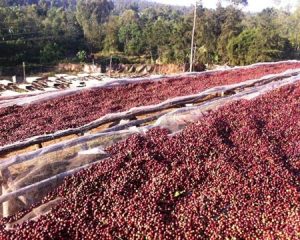
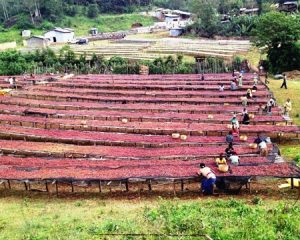
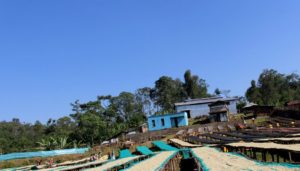

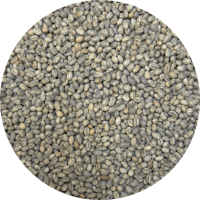
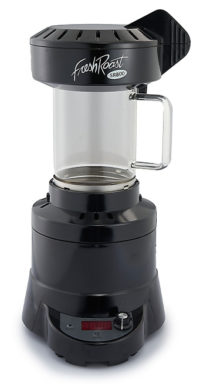
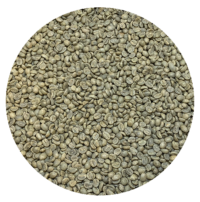

John G Turner (verified owner) –
I usually gravitate towards chocolate, nutty and caramel tones, but this is a really nice bean. I roasted to just after 2 crack. The smell of this bean during roasting is fabulous. I really like this bean.